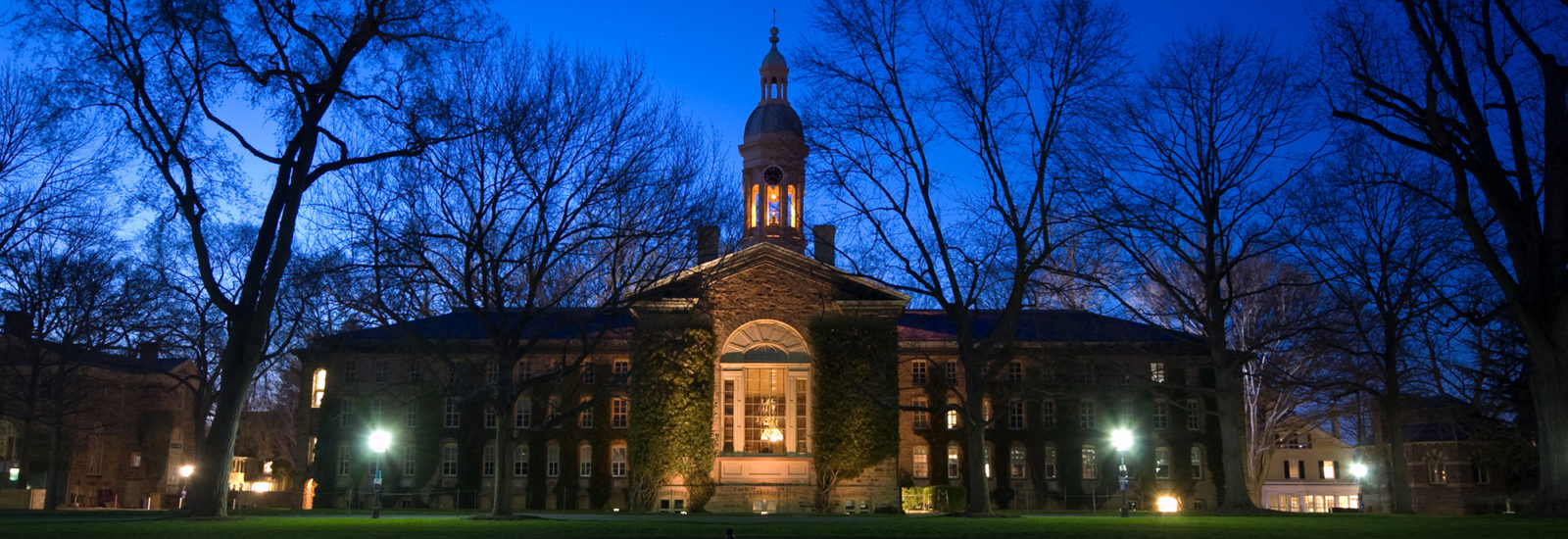Here are some of my thoughts to help foreign students who are applying to colleges in the United States:
1. When considering a US undergraduate program for your student, look beyond college rankings. College rankings like US News and World Report and The Times of London rank colleges and universities based on scholarly productivity and not on ability to teach undergraduates or undergraduate research or prizes won by students. It is wise to supplement these rankings with more undergraduate-focused criteria. Rhodes Scholarships, Fulbright grants, Ph.D. production on a per-capita basis are all good measures of undergraduate quality. A good source of information is the discussion board, College Confidential (www.collegeconfidential.com)
2. Don’t worry about your student’s major. Unlike other parts of the world, students in the US do not typically specialize at the undergraduate level. Many students attend post-graduate programs like business, law and medical schools to get the specialization they will need for their jobs.
3. Undergraduate admission is difficult at top schools the US. If a family is considering undergraduate admission, admission is competitive and costs may be high. Since most spaces are designated for US citizens the number of spaces is often limited to below 10%. In addition, most foreign students pay the full costs of education since most need-based aid is unavailable due to federal rules on financial aid.
4. Look beyond the Ivy League. Don’t overlook smaller prestigious colleges. Instead of focusing on Ivy League, MIT and Stanford, look for smaller, prestigious colleges that feed into these for graduate study. The Wall St. Journal published a study of the top 50 “feeder” colleges (http://www.collegematchus.com/related_resources.htm)
5. Look for the right college match. Base your decisions about where your student will attend not soley on location, prestige or cost–instead make sure that the college’s values are the same as your student’s. Colleges, like people, have values; it’s like joining a family. The network that you inherit by attending a particular college is for life!
